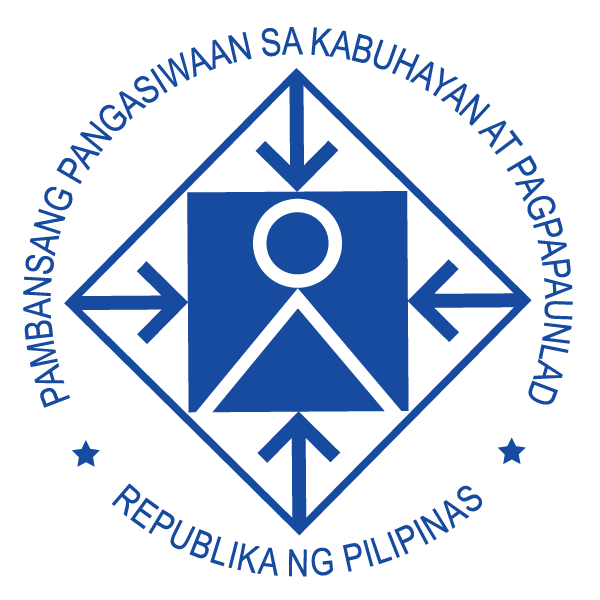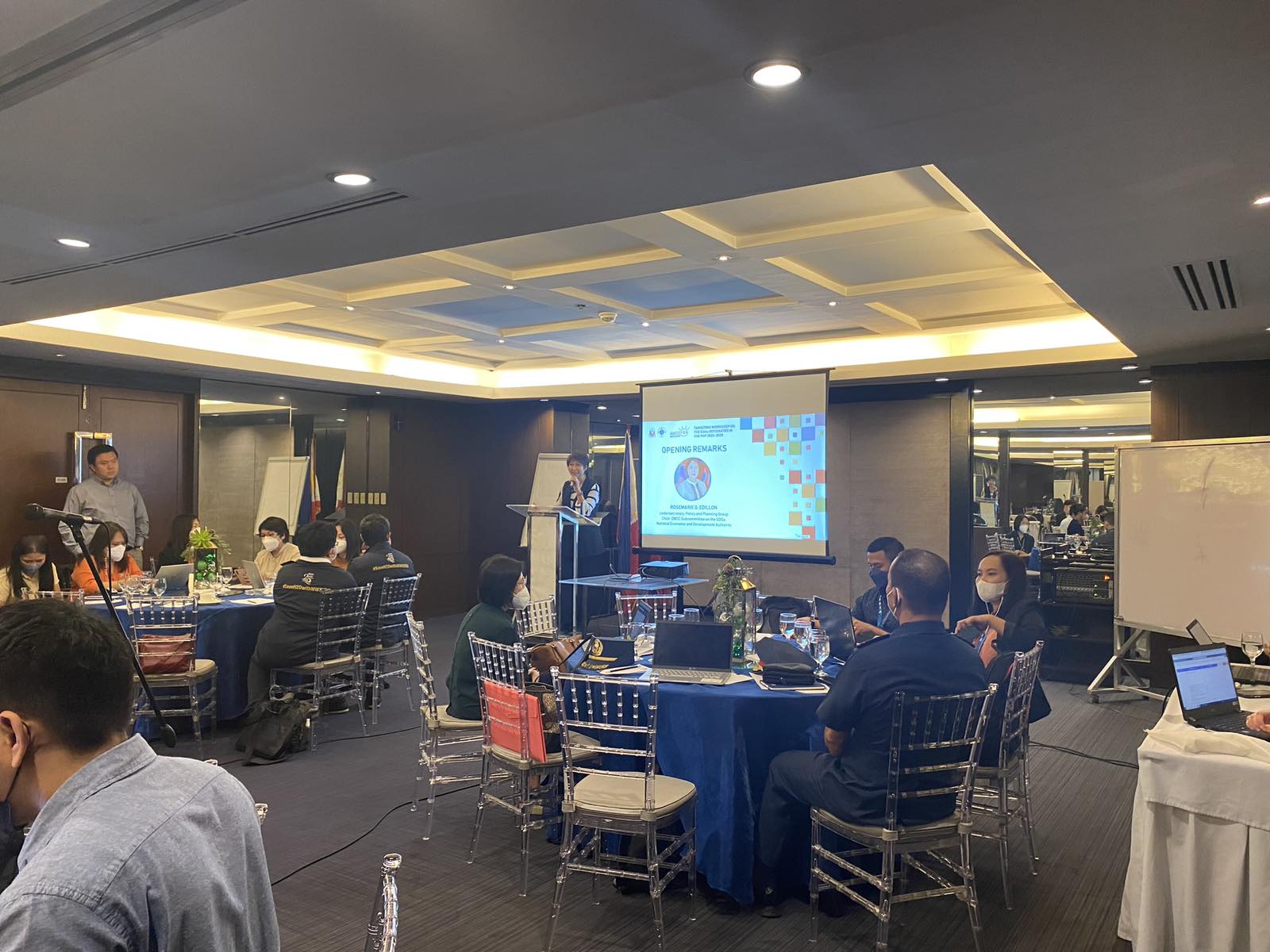Intervention by the Philippines at the Panel Discussion on Emerging Issues
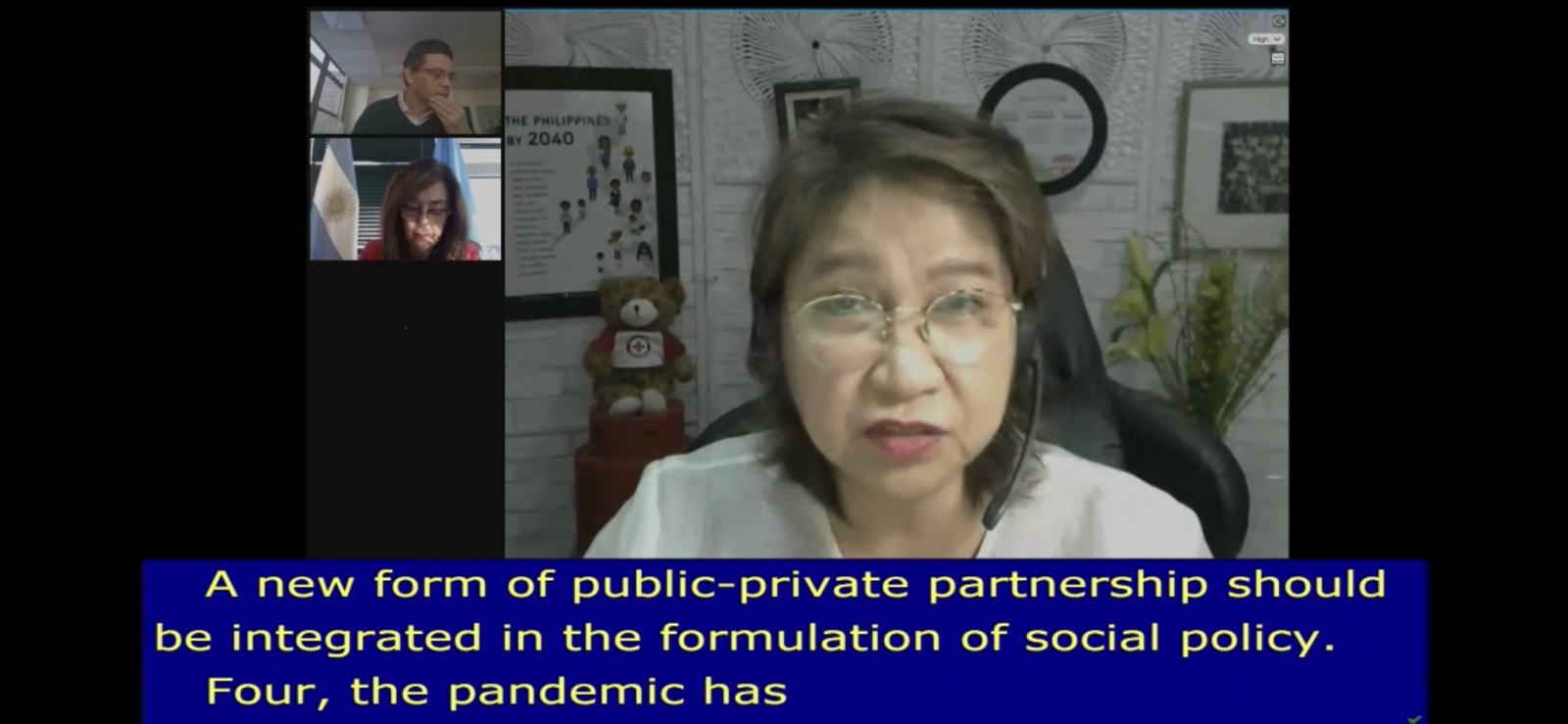
Philippine Intervention on Emerging issues: Social policy to promote a more inclusive, resilient and sustainable recovery: building back better post-COVID-19 for the achievement of the 2030 Agenda in the context of the decade of action and delivery for sustainable development
59th Session of the Commission for Social Development (Virtual Meeting)
10 February 2021
ROSEMARIE G. EDILLON
Undersecretary for Policy and Planning
Excellencies, distinguished colleagues, good evening from the Philippines.
The Philippines would like to weigh in on the discussion on the role of social policy towards and inclusive, resilient and sustainable recovery.
Prior to the COVID19 pandemic, we have seen how social policy can significantly reduce poverty and even promote economic growth. The Philippine constitution mandates that our government provide for social services. It even states that education must be given the biggest allocation in the government budget.
Almost a decade ago, we began a massive cash transfer program that provides a regular cash transfer to poor families on the condition that they receive regular health care services and that their school-aged children go to school. It was a win-win: at the same time that we are building the human capital of the poor, we are also increasing the efficiency of public sector investments in social services.
We still see a critical role of social policy as recover from this pandemic. However, new issues have come about.
- There is a need to develop innovative mechanisms to deliver social services amid a health crisis. For instance, for a very long time, we have been delivering health care, education and nutrition services using a face-to-face, facility-based modality. This will need to change.
- We need to improve the quality of social services using technology. In education, the content will need to incorporate more technology know how in order to encourage students to be creative and innovative. They need to be agile to better cope with ever-changing circumstances.
- The pandemic has resulted in massive loss of jobs and income; hence, we are seeing a higher demand for publicly-provided social services. While government needs to meet this demand, the livelihood of private providers should also be protected. A new form of public-private partnership should then be integrated in the formulation of social policy.
- This pandemic has given rise to more difficulties for the already vulnerable. Early on, we have resolved to protect our most vulnerable (namely the elderly, PWDs, those with co-morbidities, young children) from the risk of COVID19 infection. We did this by restricting their mobility; of course we accompanied these restrictions with food distribution. But they had other needs. And as it turns out, in forty percent of families with vulnerable individuals, there was no one who could run errands to secure their other needs. Such information should be included in our data base for the effective implementation of social protection programs.
- Finally, this pandemic also challenged the way we monitor social outcome indicators. Once again, we need to come up with innovative monitoring schemes, say, of health and nutrition outcomes without risking disease exposure. Note that, especially during a health crisis, we need to have access to accurate and timely information about the health status of our constituency.
We have started introducing some changes in the way we implement social policy, though, much more remain to be done. And we need to act fast, being mindful that social policy needs to transition within the new normal so it can be an effective tool for inclusive, resilient and sustainable development.
Related Articles
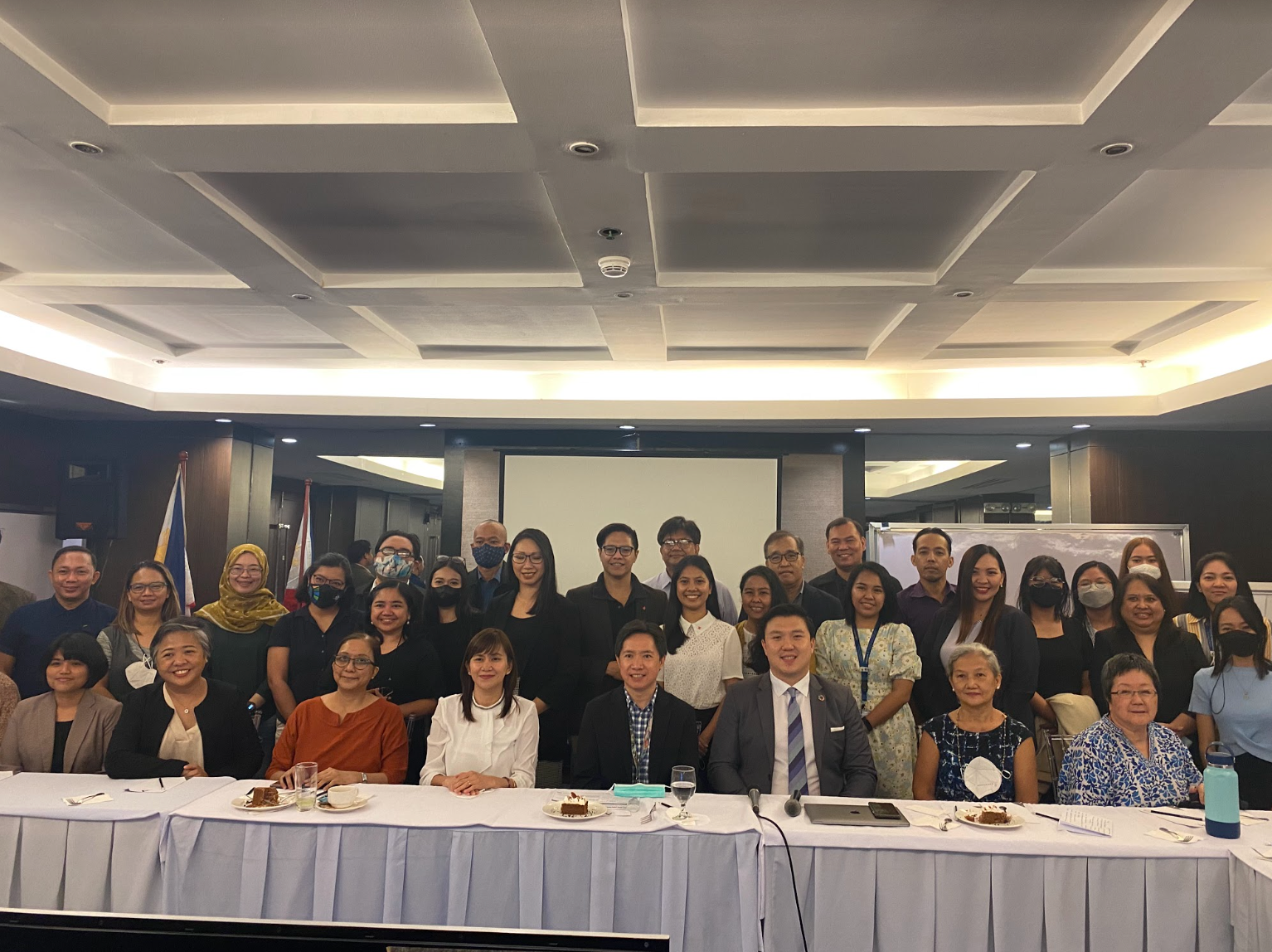
SC-SDG Stakeholders’ Chamber Discuss Expansion and Localization Efforts in Q4 Meeting
The Stakeholders’ Chamber on the SDGs discuss strengthening its role as a government partner in SDG implementation, expansion of its national membership, and establishment of regional chambers, in its 4th Quarter meeting.
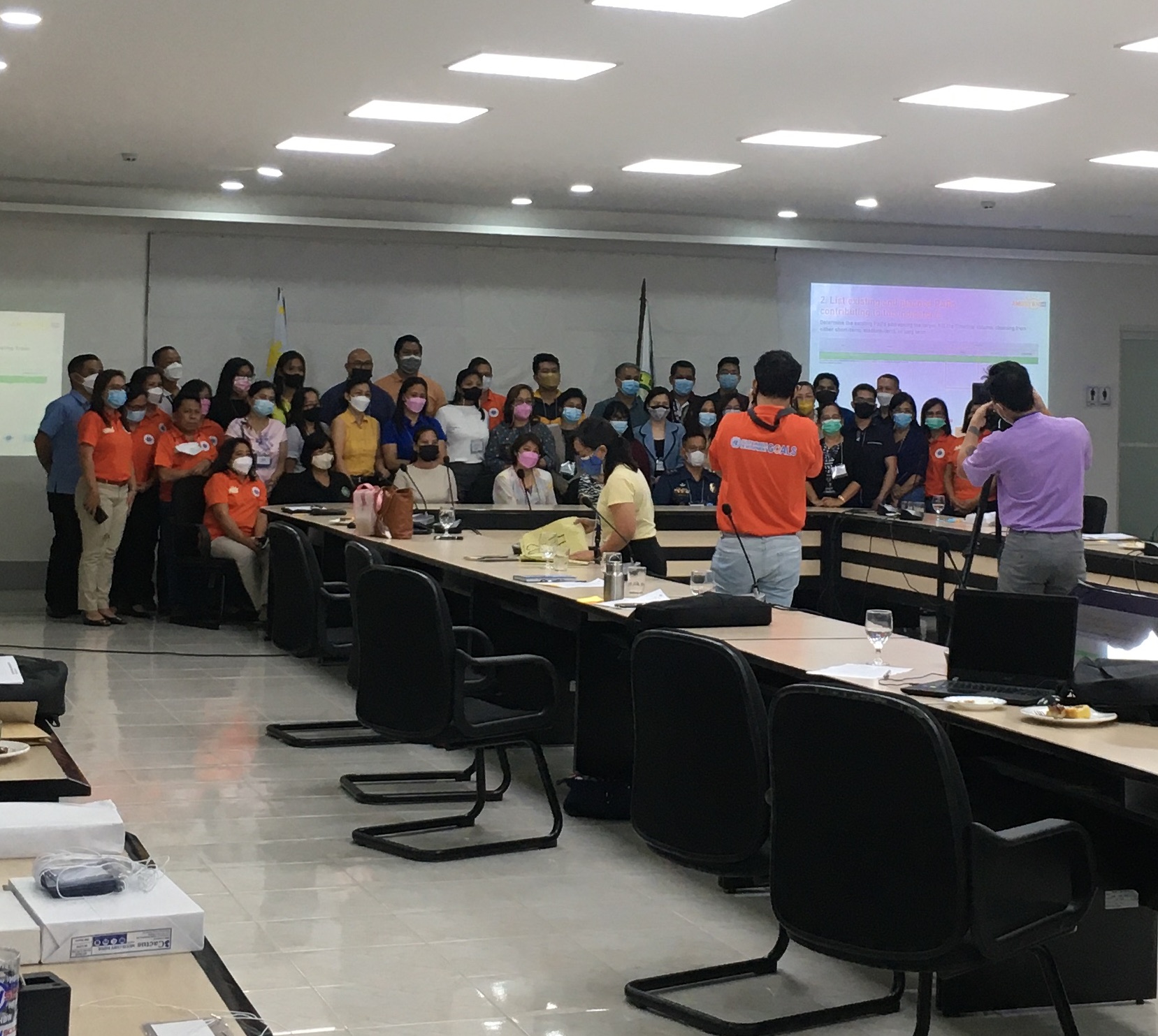
Localizing the SDGs: Workshops to set subnational targets in Regions V, IV-A, and X
The National Economic and Development Authority kicked off the SDG localization efforts at the subnational level in 2022 as part of the national strategy to implement the Sustainable Development Goals (SDGs) in the country.

